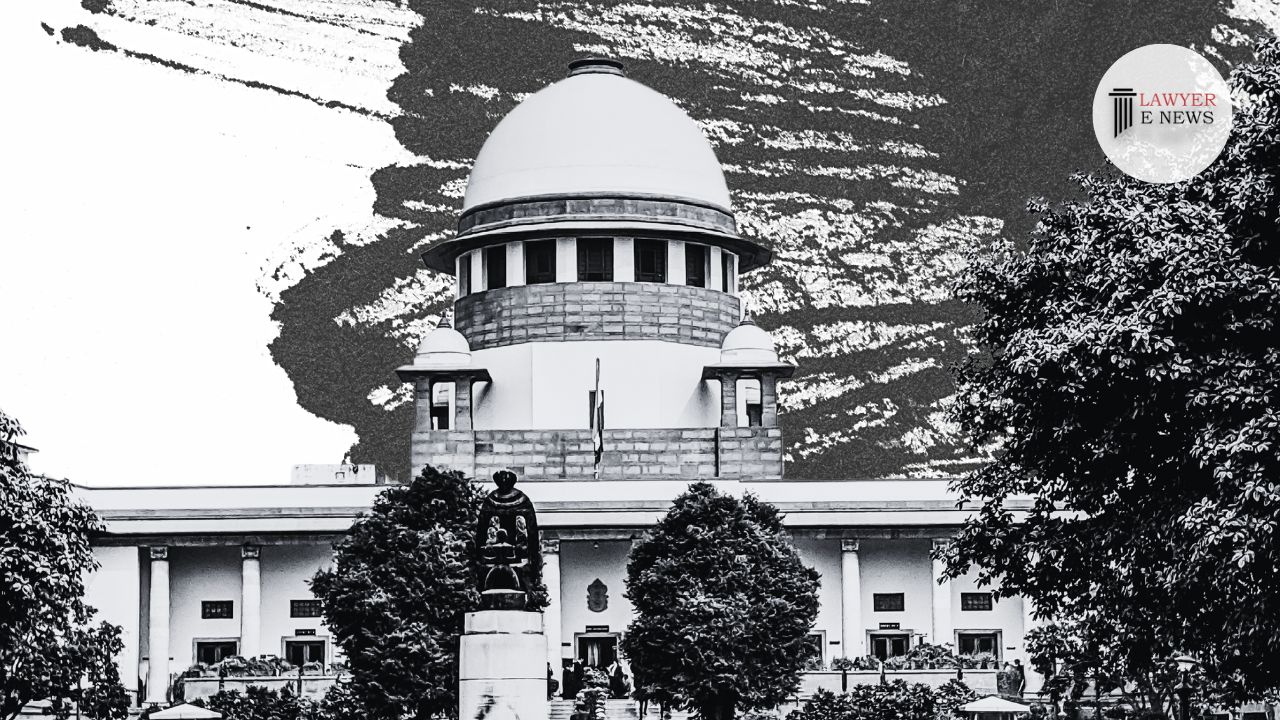-
by Admin
16 February 2026 1:47 PM



The Supreme Court's recent decision in the IHFL loan recovery case underscores the limitations of high courts in staying investigations and emphasizes the non-arbitrary nature of the judicial process. The apex court clarified the scope of inherent powers under Section 482 of the CrPC, emphasizing that these do not confer arbitrary jurisdiction to stay investigations or to prevent coercive action against accused parties.
Facts and Issues Arising: The case involved multiple FIRs against India Bulls Housing Finance Limited (IHFL) and its officers, alleging malpractices in the recovery of loans from the Shipra Group. The High Court had stayed these FIRs and an Enforcement Directorate (ED) case, which led to appeals being filed in the Supreme Court.
Court Assessment on Legal Points and Issues: The Supreme Court criticized the High Court for staying the investigations, stating that such powers should be used sparingly and not in a routine, casual, or mechanical manner. The Court referenced the guidelines set in the Neeharika Infrastructure case, which outlined the conditions under which a high court can stay investigations. It was observed that the impugned orders were passed without adequate reasoning, disregarding the well-established legal position.
The Supreme Court set aside the interim orders passed by the High Court, allowing the investigation to proceed. The Court clarified that it had not expressed any opinion on the merits of the writ petitions pending before the High Court and that the respondents were free to pursue legal remedies as per law.
Date of Decision: 13 February 2024
Directorate of Enforcement vs. Niraj Tyagi & Ors.
